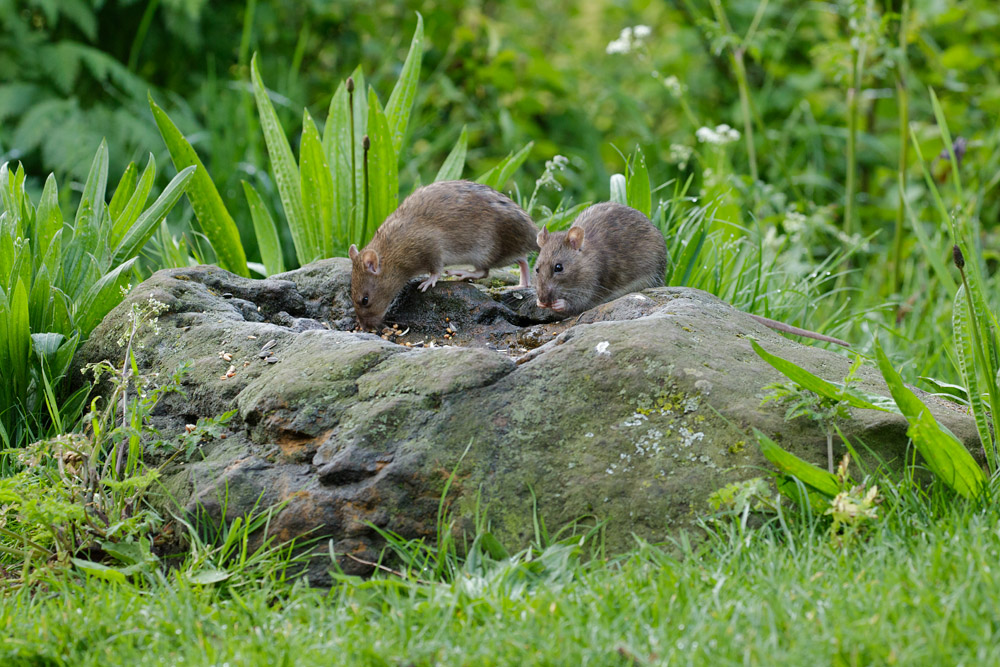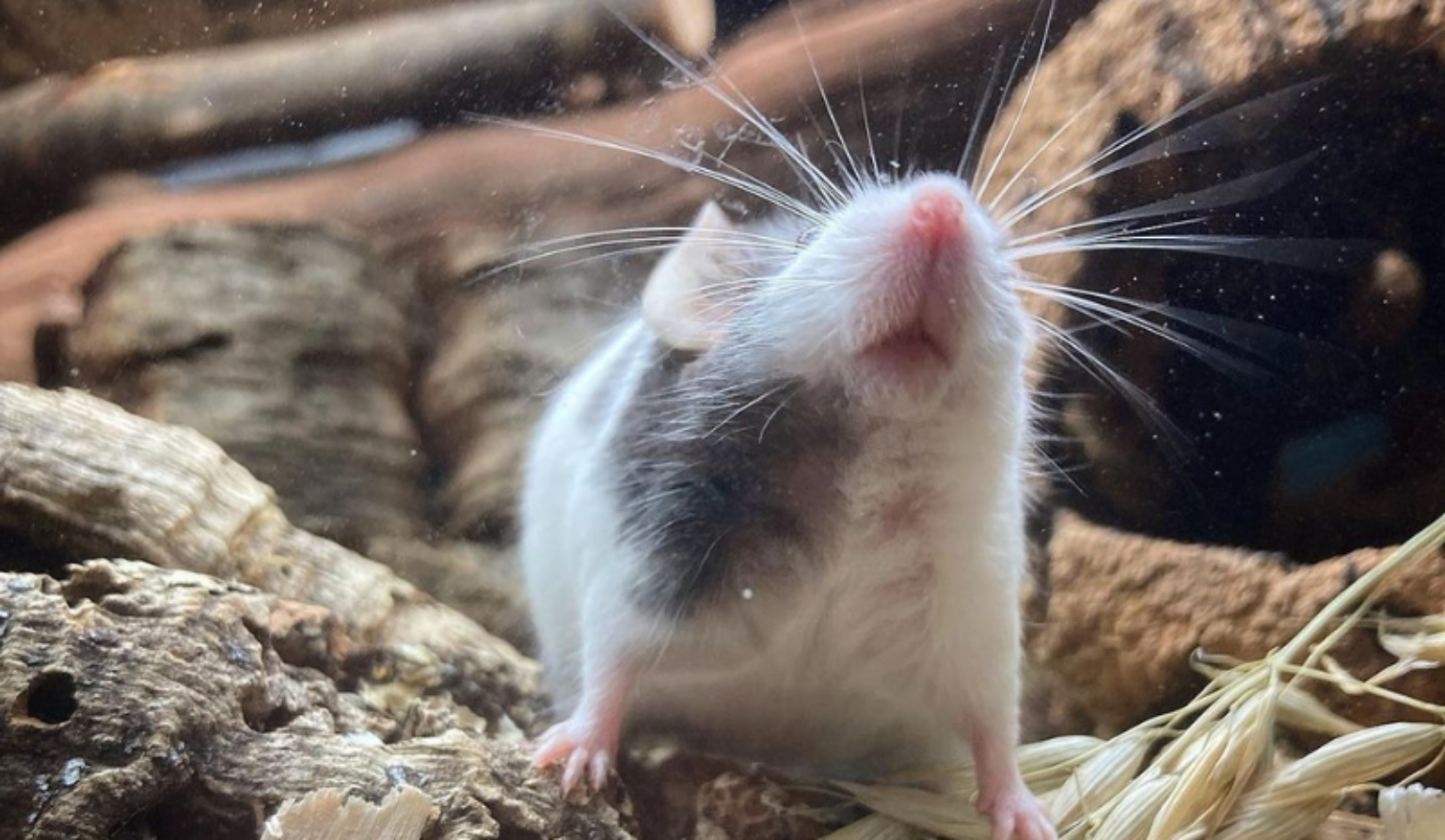Five Things to Know About Rats Tufts Now

Rats Free Stock Photo Public Domain Pictures
The truth is, rats do not like the smell of vinegar. In fact, the strong odor of vinegar is often used as a deterrent to keep rats away from certain areas. This is because the pungent smell of vinegar is unpleasant to rats and can help discourage them from entering a particular space.

Rats YouTube
Yes, Vinegar can keep rats away. One of the most powerful natural rat repellents is vinegar. Rats avoid the smell because it bothers them. Rodents will stay away from any area with a strong vinegar smell. The vinegar will be more effective as rat repellent if they are more concentrated. To learn more about which type of vinegar will keep rats.

7 Ways Rats Are Destroying Your Home, and What to Do About It
The most useful varieties are strong-smelling white onions, garlic, and also peppers. Onions and garlic have an overwhelming smell that rats hate, but it is the capsaicin in peppers that they want to avoid. This could be because capsaicin is what gives the pepper its heat. Smelly vegetables are most effective at deterring rats when they are.

Rats Everything is Permuted
The most effective type of vinegar for deterring rats is white vinegar. Its strong and pungent odor is particularly offensive to rats, making it an ideal choice for keeping them away from your home. 2. How should I use vinegar to repel rats? To use vinegar as a rat deterrent, simply pour it into small bowls and place them in areas where rats.

Rumblin' Rats WEBTOON
Vinegar, especially white vinegar, has a strong and repulsive smell that is great at repelling rats. The vinegar will also sting the tongue and mouth of rats that lick or swallow it. How to Use Vinegar to Repel Rats. Method 1: Soak cotton balls in vinegar. Place them in the spaces where rats roam. Method 2: Dilute vinegar with water in a spray.

Vinegar Rat Repellent Do Rats Hate Vinegar & Baking Soda Smell?
Eucalyptus - The potent smell of eucalyptus can prevent the rats from nesting in a house. Some homeowners prefer this essential oil to peppermint because it has a milder scent than the latter. According to a 2014 study, even a eucalyptus solution with a 5% concentration can keep the rats from stealing food in an area.

How Dangerous are Rats? Exterminatorhamilton.ca
To use chilis and hot peppers to repel rats, you can make a spray: 4 cups water. 2 oz. hot sauce. 1 tsp dish soap. Combine all the ingredients into a glass spray bottle. The dish soap is used to make the mix stick to the surface. Spray in areas where you want to repel rats.

Road Rats YouTube
Yes. So, absolutely, vinegar is a quite effective rat deterrent for home use. It flaunts a nasty smell that is sure to make your rodent invaders sick. And it will make them flee, too. Ensure that the odor of your vinegar repellent is potent enough for the rats to truly feel that their new home has turned into a hostile environment.

The Potential Health Risks of Rats in Your Home MayDay Pest Services
The only downside to spraying vinegar is that the house will then also smell like vinegar, so if you don't like the smell, this probably isn't the option for you.. they'll most likely look to catch mice and rats in your yard and property. It's a great natural way to keep your mouse population low. Additionally, the smell of cat.

Rats on Twitter
Vinegar is among the most effective natural rat deterrents because they find the odor repulsive. So, rodents will stay away from any area where the smell of vinegar lingers. The smell of vinegar dissipates quickly in open areas. Unfortunately, as the odor becomes less intense over time, it becomes less efficient in keeping rats away.

Do Rats Like Music? Rat Pets
There are a few scents that rats find offensive and will stay away from. These include peppermint, spearmint, cloves, cinnamon, and citrus. You can use any of these essential oils in a homemade rat repellent. Combine 1 teaspoon of the oil with 1 cup of water in a spray bottle and shake well. Then, spray any areas where you think rats may enter.

Five Things to Know About Rats Tufts Now
Rats have an extremely sensitive sense of smell that can be exploited to repel them. Scents like ammonia, mint, vinegar, and mothballs overwhelm rats' nostrils and drive them away. Place these smelly deterrents along rat entry points, nesting zones, and potential food sources.

The recessive DMBO gene causes rats to have large, round ears. These
Make up a 50/50 mix of white vinegar and water. Add in a teaspoon full of salt too. Mix this spray thoroughly! Then apply it in areas where you have noticed rat activity, such as areas where you have noticed rat urine, feces, or chewed items. This spray is very effective at deterring rats and cleaning up after them.

‘The Solution’ Episode 38 Exploding Rats + Heart Attacks
Using vinegar to repel rats is a safer option than chemicals, rat poisons, and dangerous traps. Vinegar will irritate their sensitive sense of smell, prevent them from smelling food or predators, and it will repel them because of the strong scent. Whether you're using vinegar-soaked cotton balls or a spray, this is a good option to repel rats.

Rats move to beat of Lady Gaga, study says
Candles. Another great way to use scent to keep mice away is by using candles! Not only are they will smell amazing for your home, the various aromas of scents that mice hate like peppermint, lavender, cinnamon, and citronella can be found in candle form! Candles can be used to keep mice away by using certain scents that are unpleasant to them.

Free RATs to be provided and PCR testing to end as SA closes in on
Eucalyptus oil. White vinegar. Lavender oil. Cayenne pepper. Clove oil. Household ammonia. Predator scents. These natural smells, such as coffee grounds, can effectively deter rats without causing harm to humans or the environment. In fact, the smell drives rats away, making it a safe and eco-friendly solution.